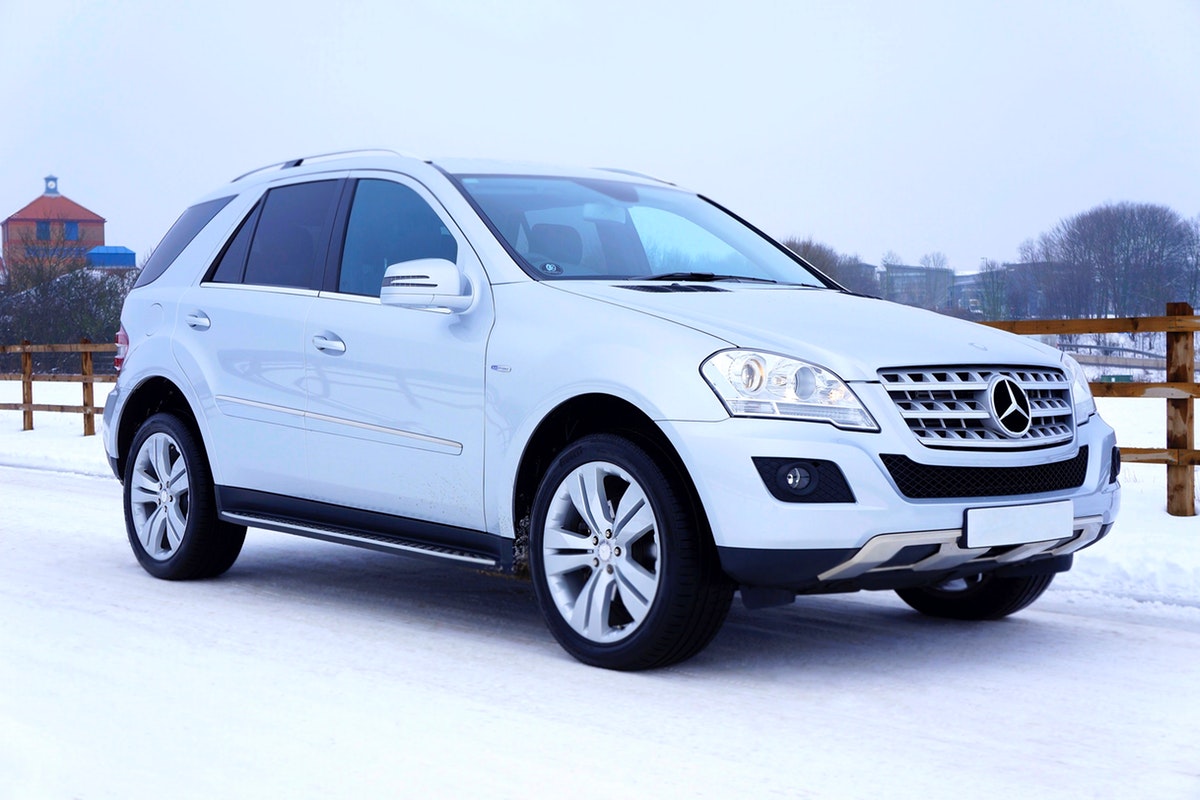
While there is no mandatory regulation or statute that all drivers should change their all-seasons and summer tires to winter ones, there are many advantages to make the change once the temperature goes low.
At temperatures below 7 C, all-season and summer tires begin to change in consistency. This is because the rubber in them will harden which affects their ability to tightly grip the road when you are driving. Winter tires on the other hand are made with specialty compounds that allow them to continue to be flexible even when the temperature drops to -30 C.
The treads on winter tires are designed to be more prevalent and they contain deeper siping. These are narrow horizontal cuts on their treading that allows winter tires to eat into ice and snow. This makes them have better traction and grip when you’re driving in the snow on a cold, slippery road. Winter tires will keep your car from skidding off the road better than summer or all-season tires.
Most accidents in the winter are caused by panicked drivers stomping on their brakes and not getting the usual reaction. This is because the cold makes it more difficult for non-winter tires to react to the brake pads and the road. A combination of this results in skidding and more accidents on the road due to cars not responding to the brakes. Winter tires stay soft and flexible and have an increased chance of regaining control during a tricky situation.
Non-winter tires are likely to get stuck in a snowed road compared to winter tires. This is because winter tires are narrower and therefore apply more pressure to the road which makes it easier for them to cut through the snow instead of staying on top of it and losing grip. Driving in the snowy and icy road using OEM tires is likely to lead to skidding and potential collisions that will cost you lots of money at an auto mechanic in Orlando to fix.
Winter tires are highly unlikely to hydroplane. When tires roll over a part of the road that has ice on it, especially melting ice, a layer of water is formed on the road that could cause a car to begin to slide without control. This is something that summer tires cannot prevent. Winter tires are designed to have special grooves in their treading that transfers the water to the side, thereby reducing the possibility of your car hydroplaning.
Speak to an auto mechanic in Orlando today on the best winter tires for your car and save yourself a lot of money in potential insurance costs and car damage in the winter period. Speak to us at Dynamic Auto Orlando today. We have experienced auto mechanics in Orlando that will provide you with professional tire services all year long.